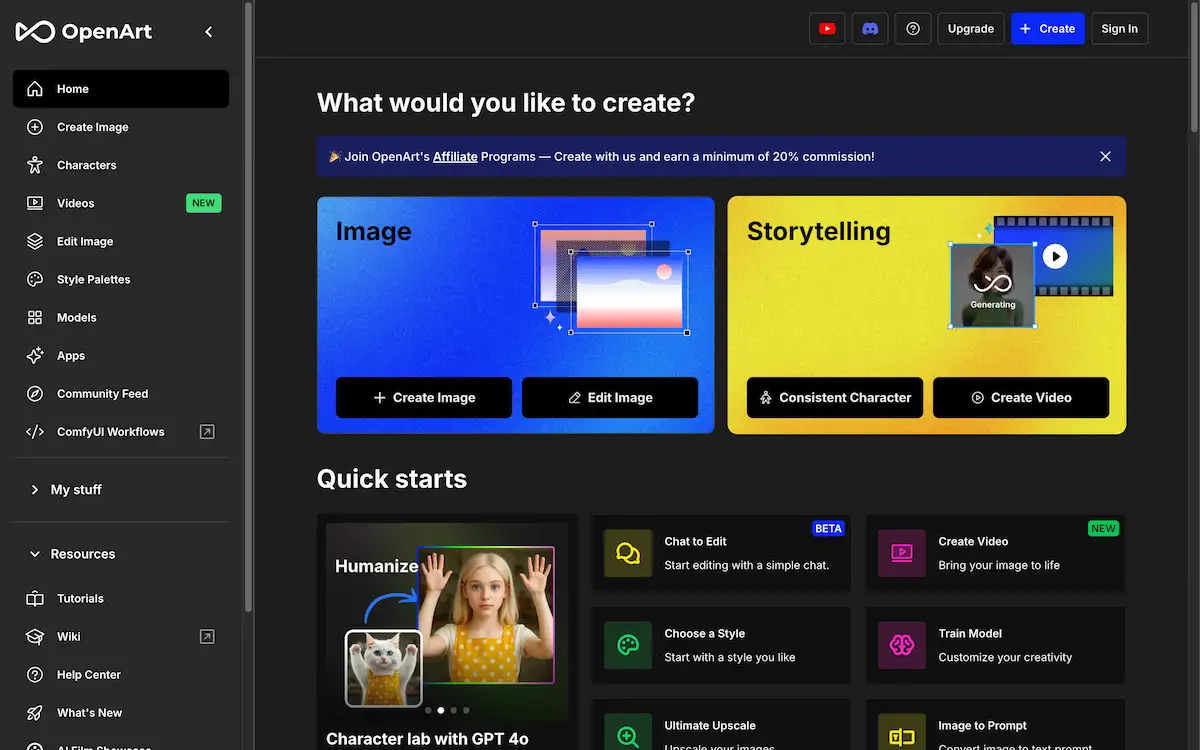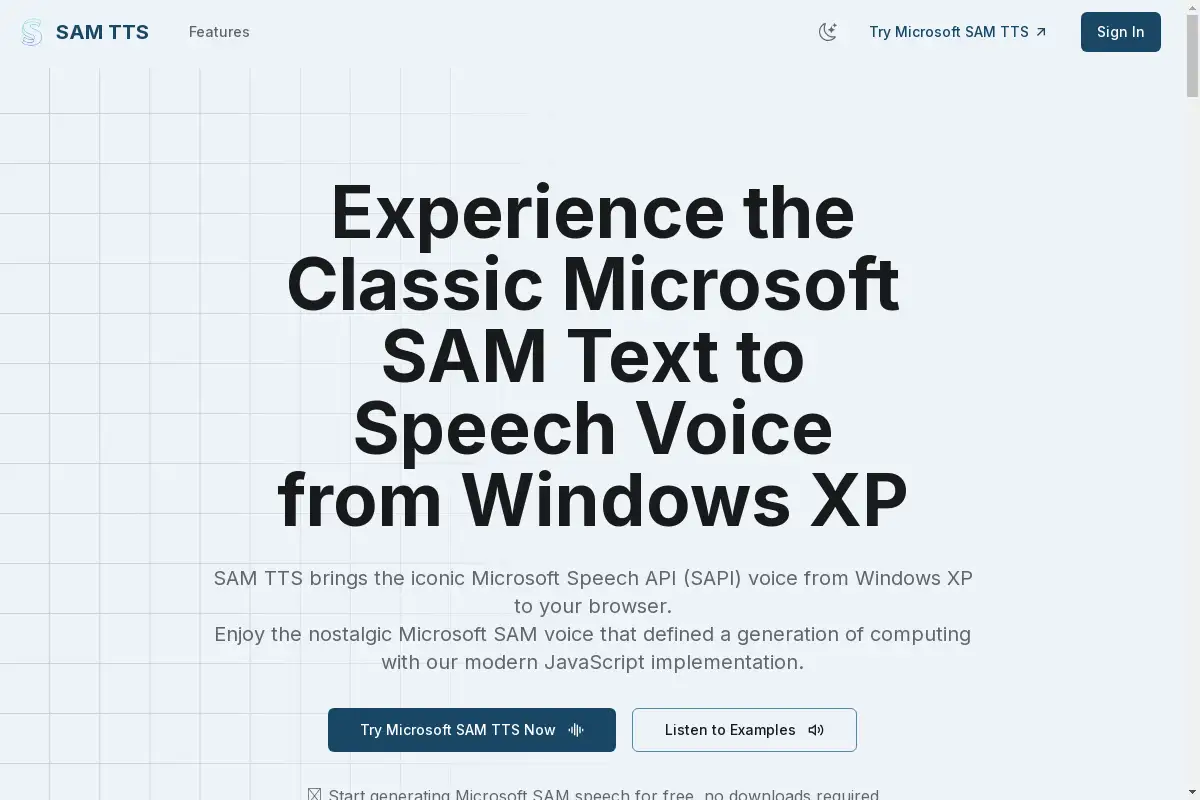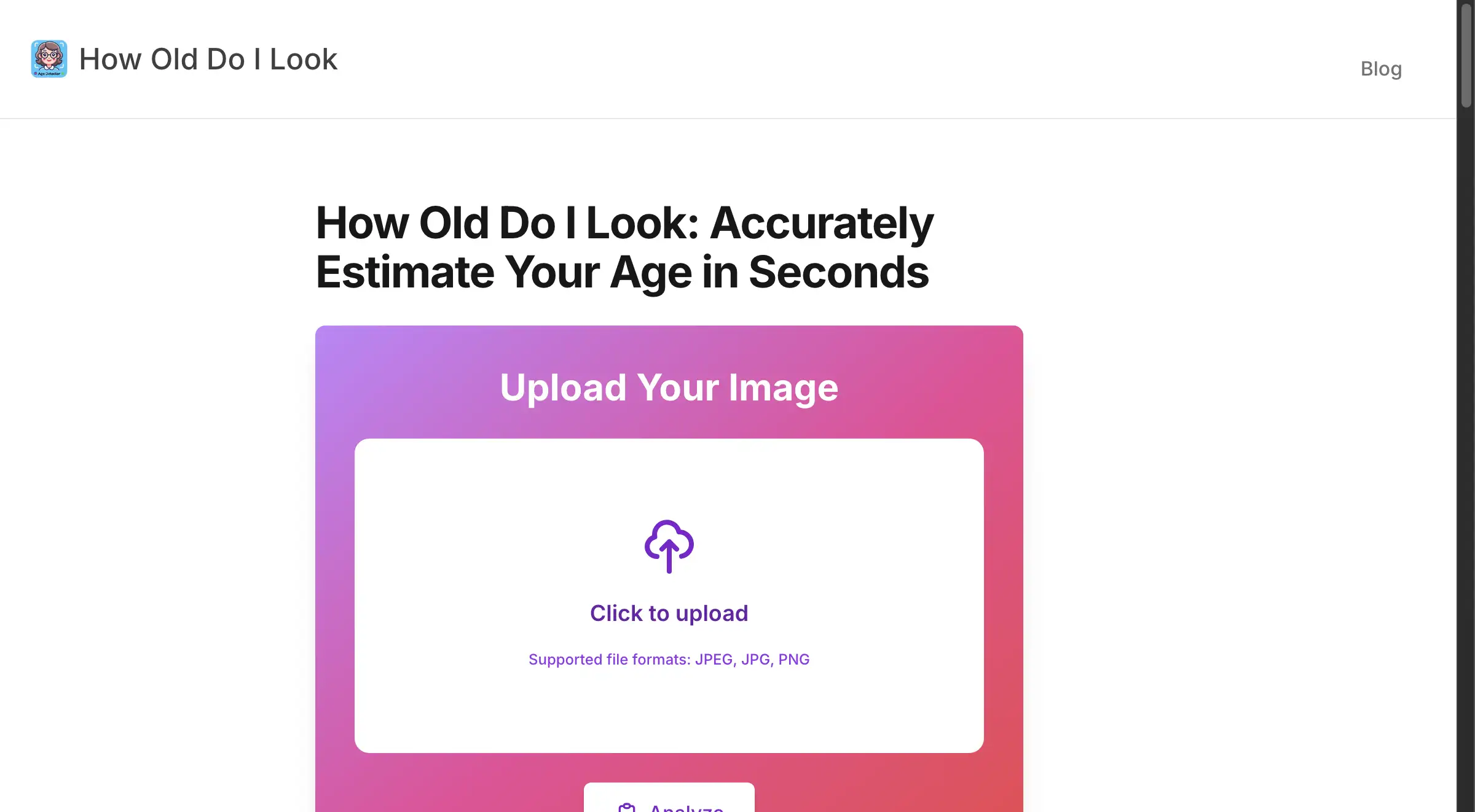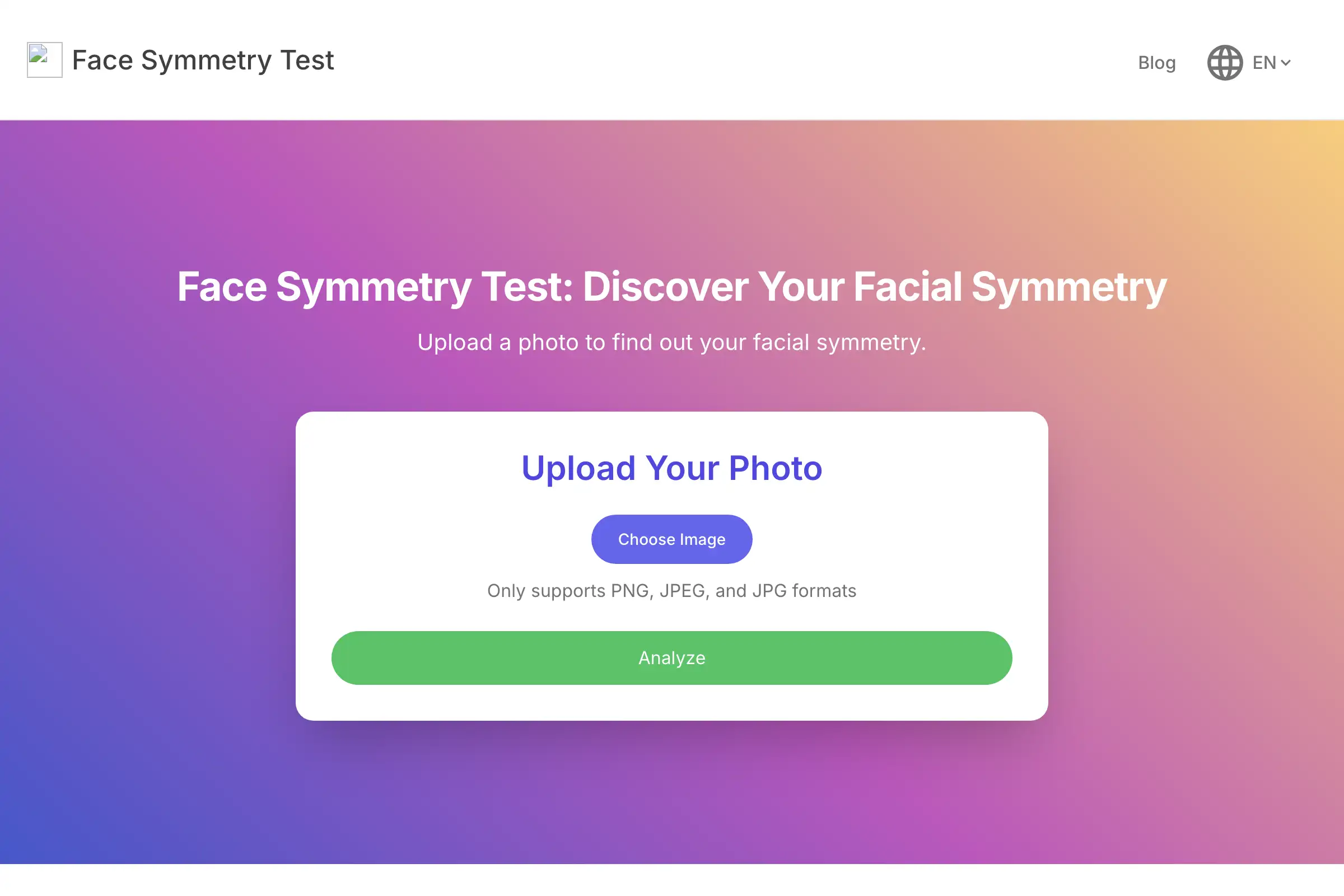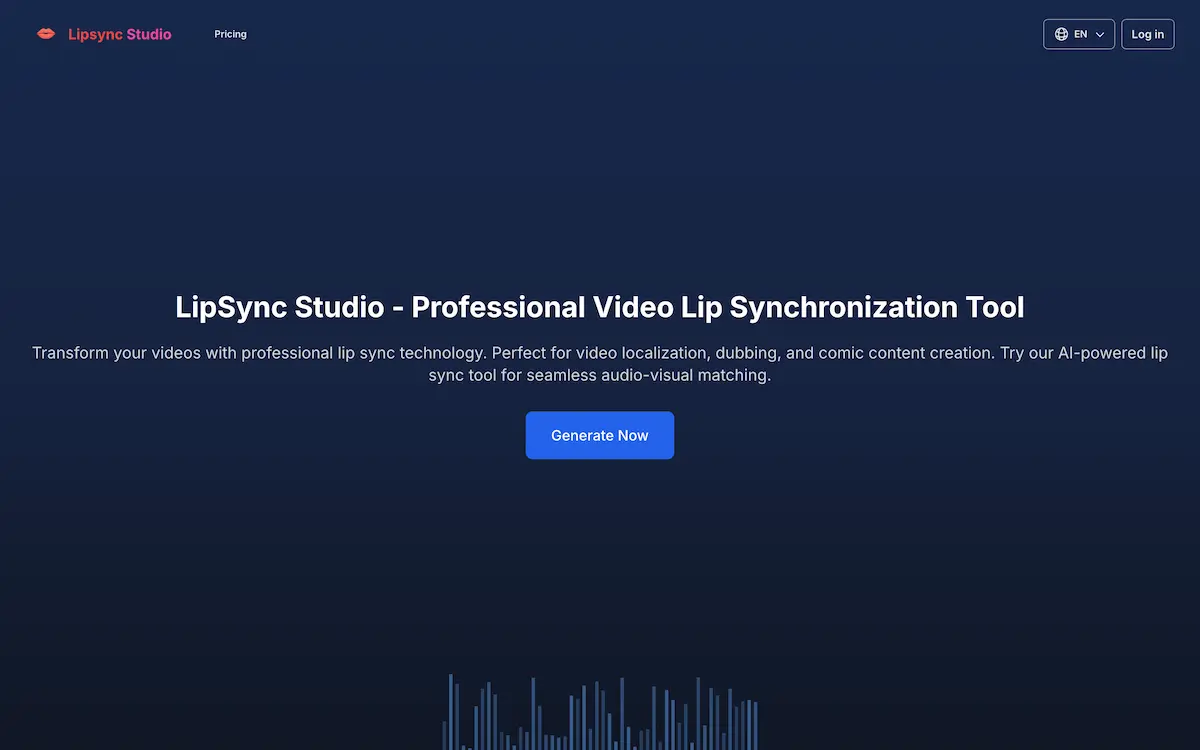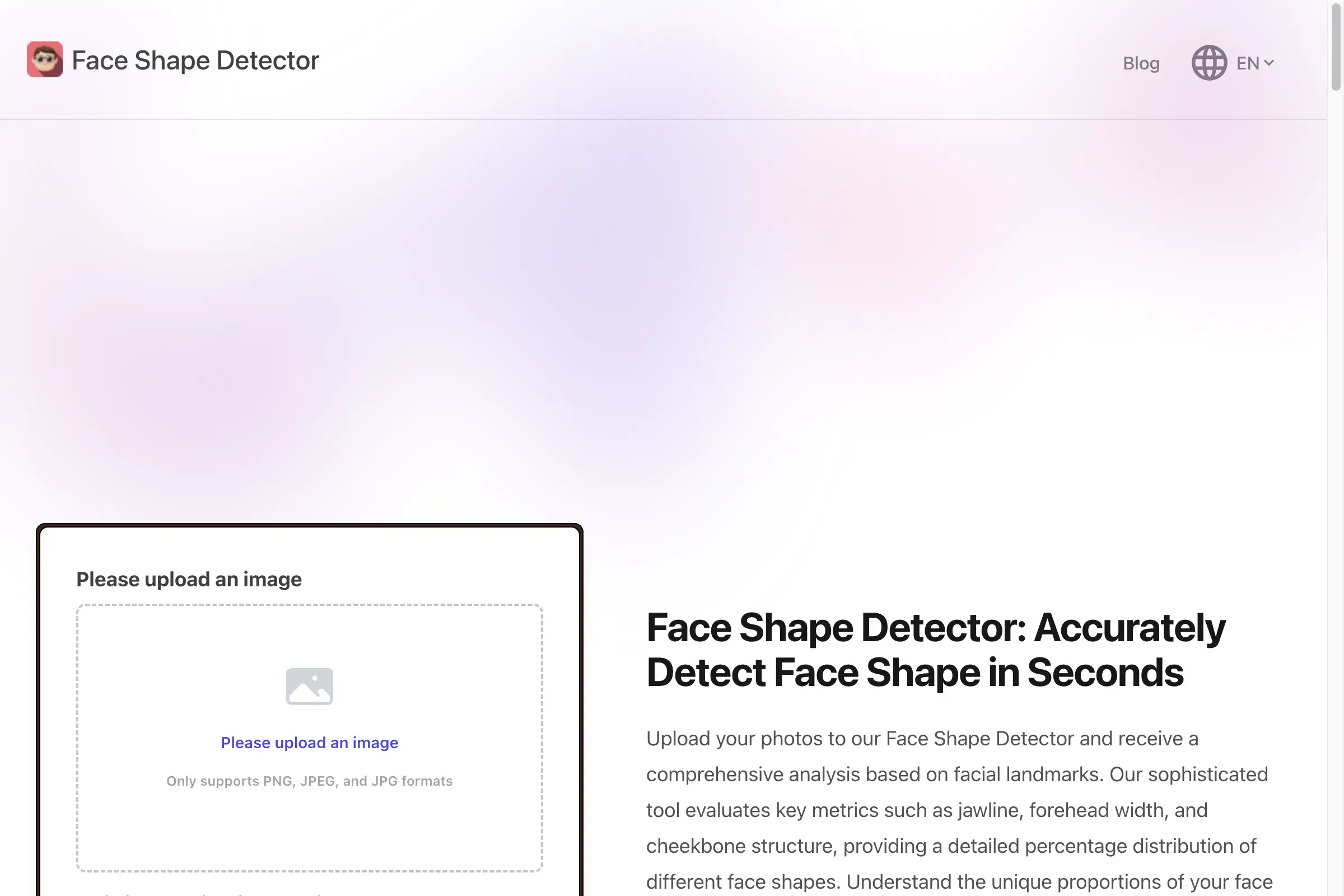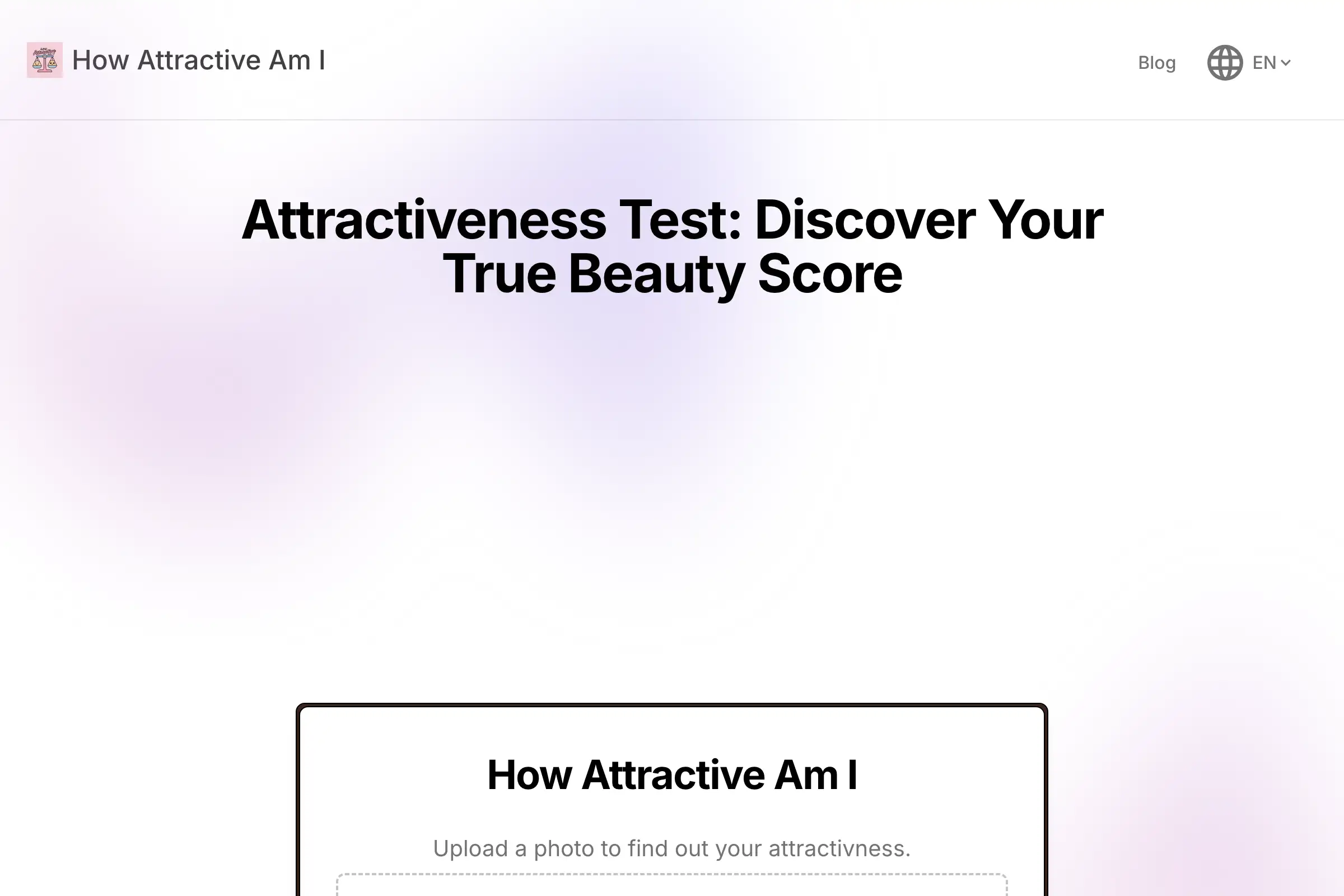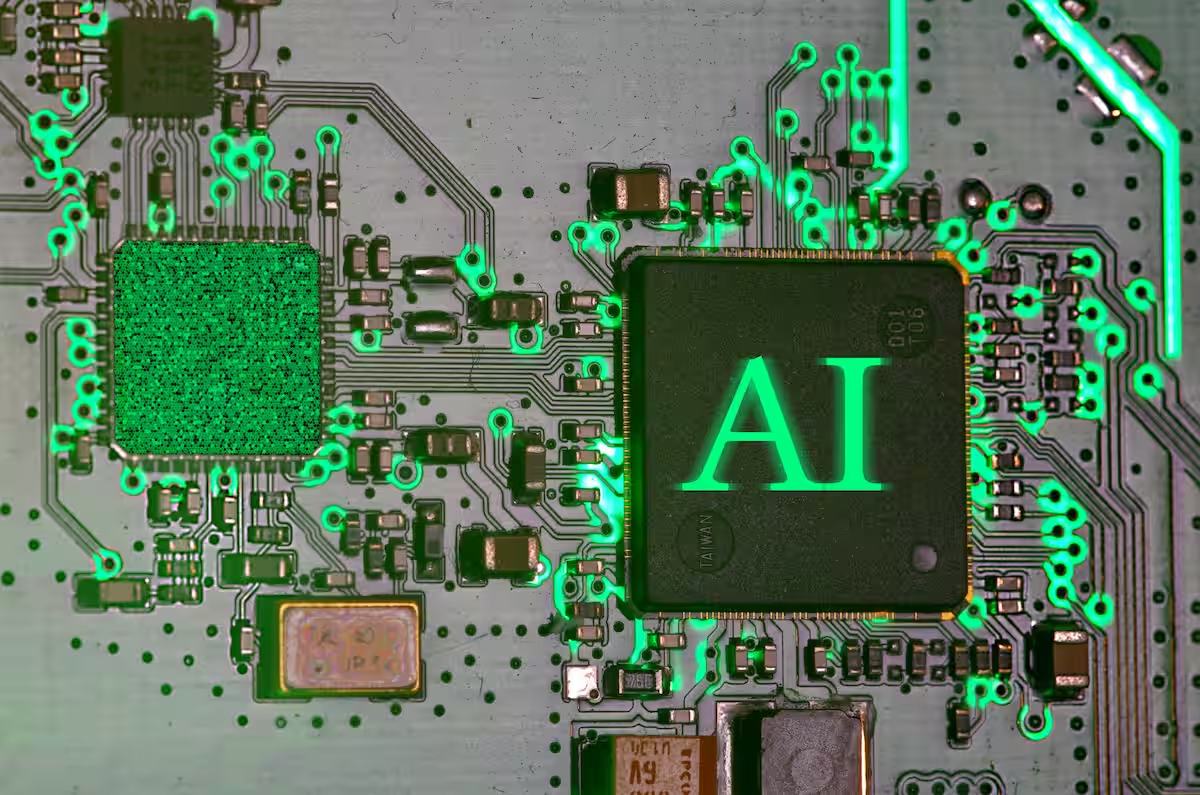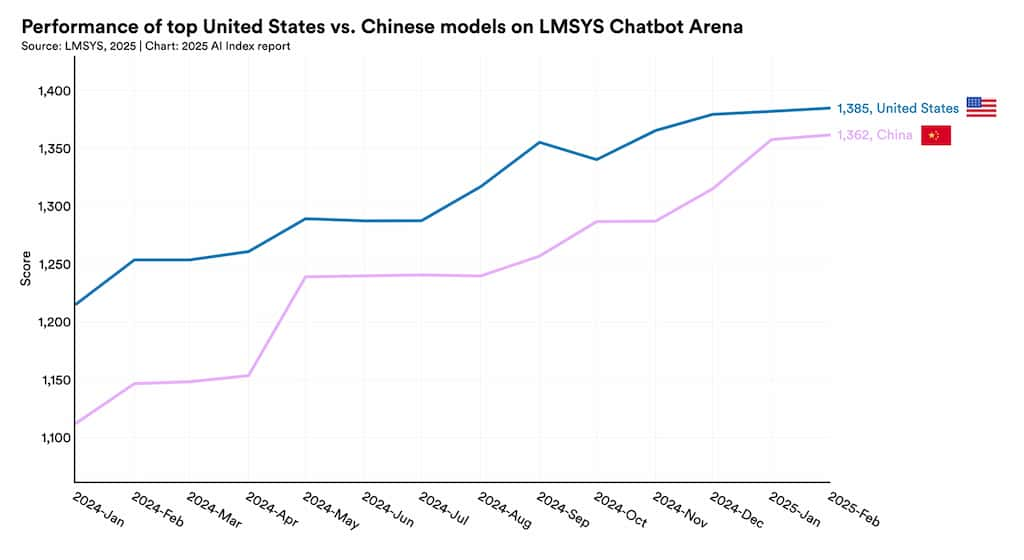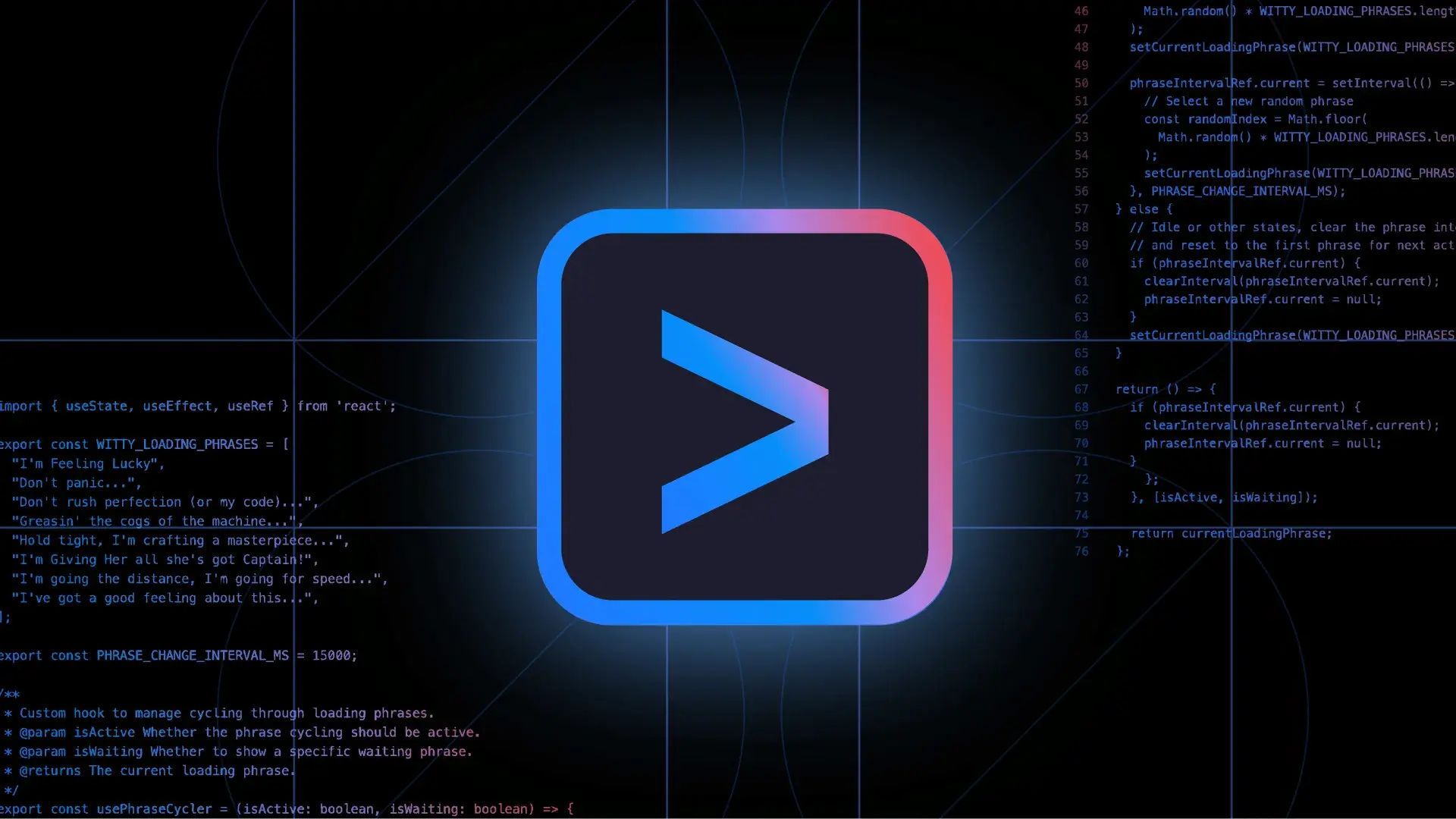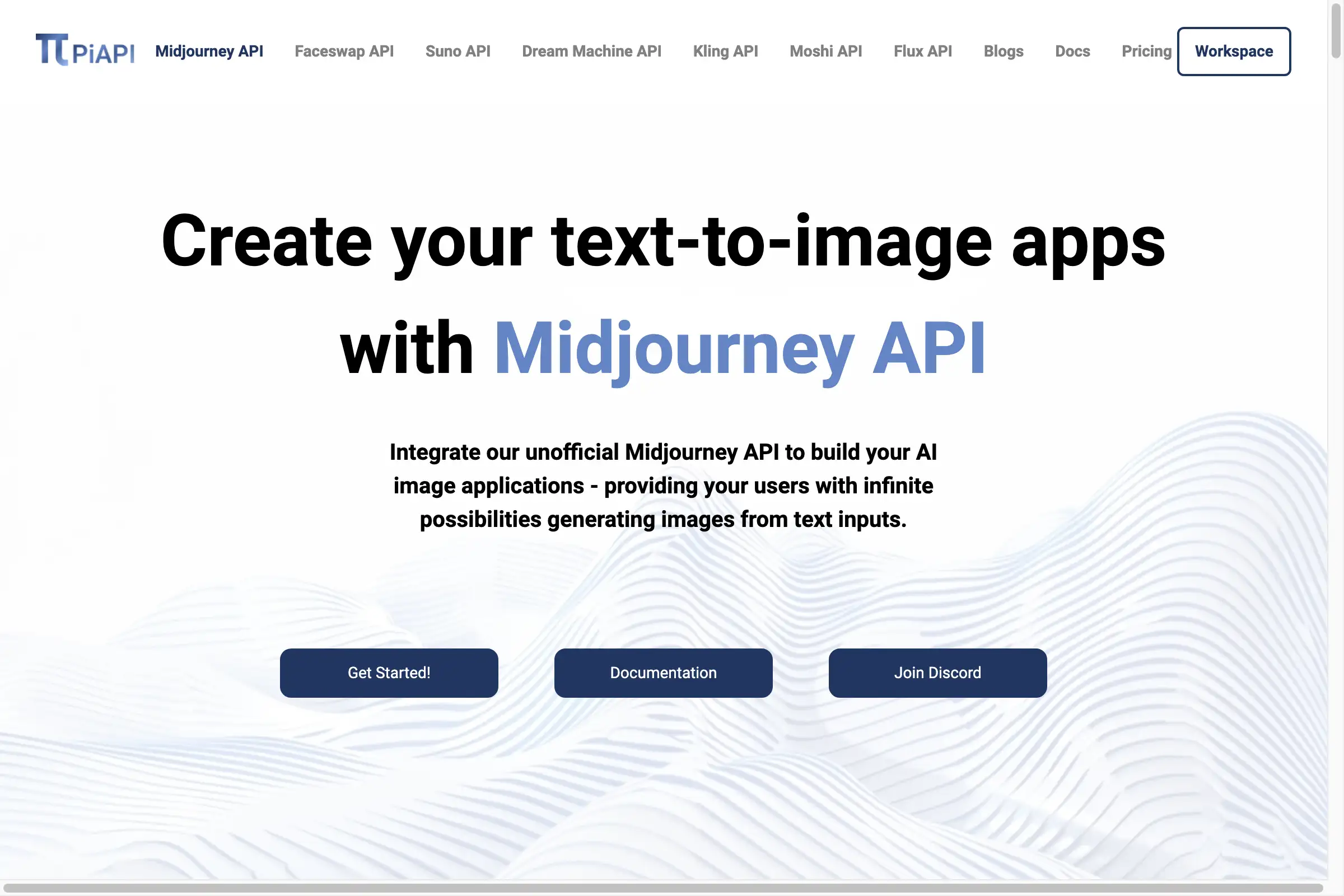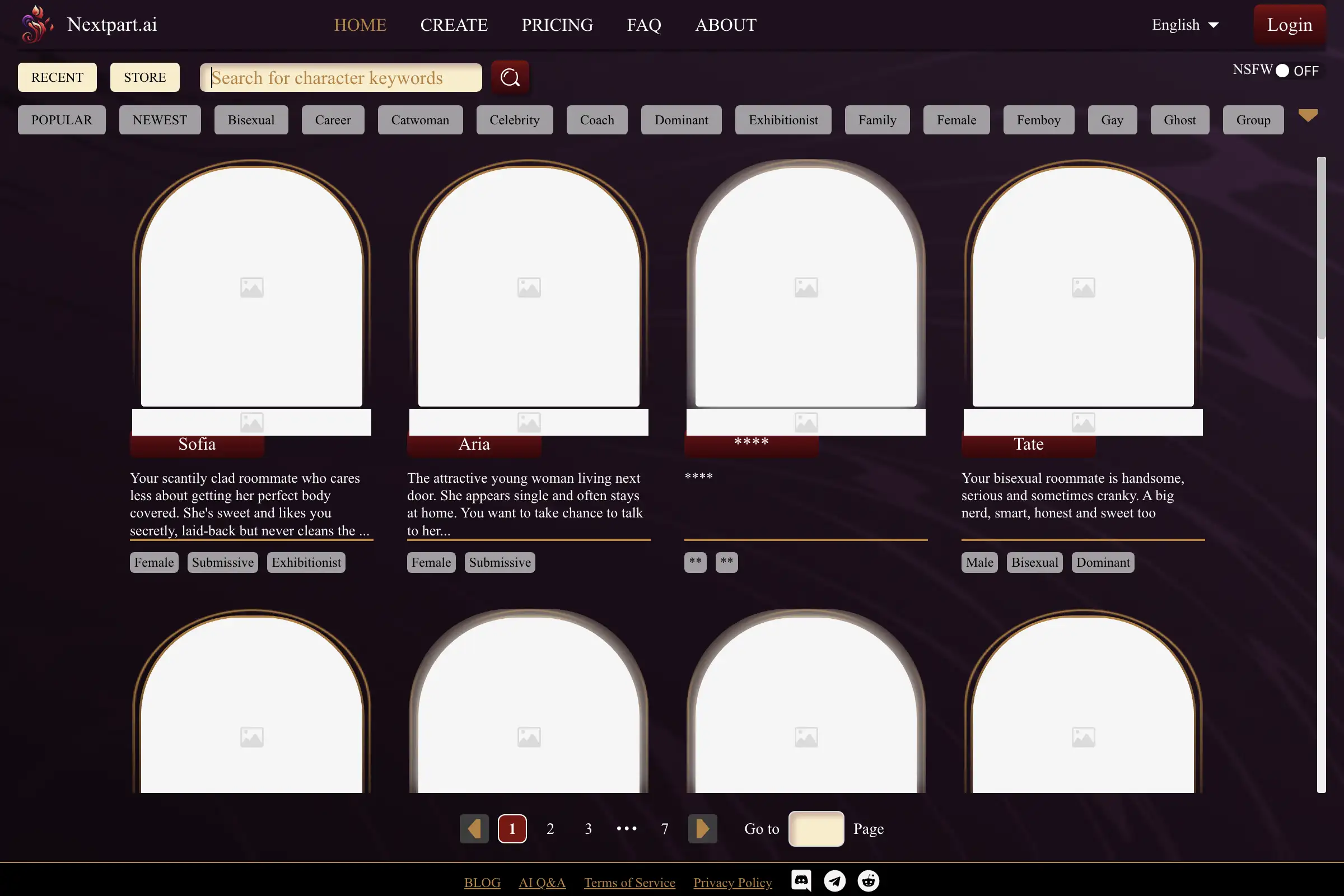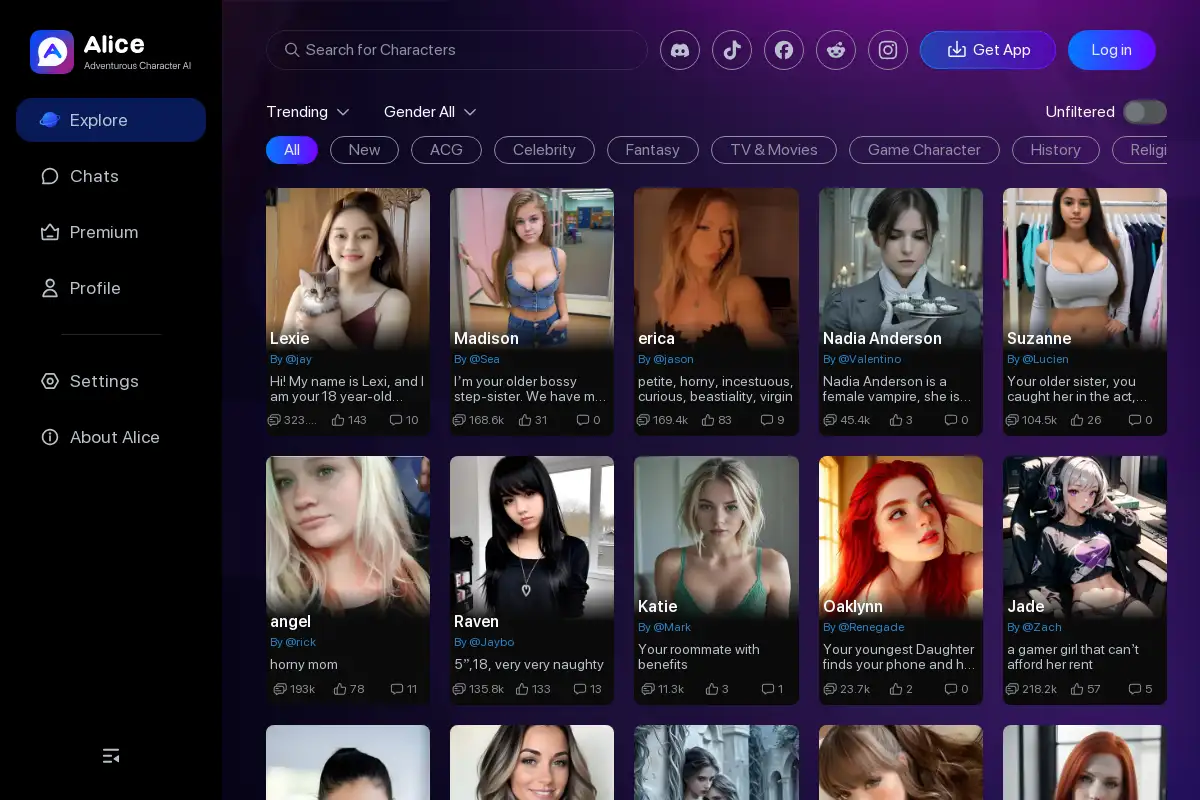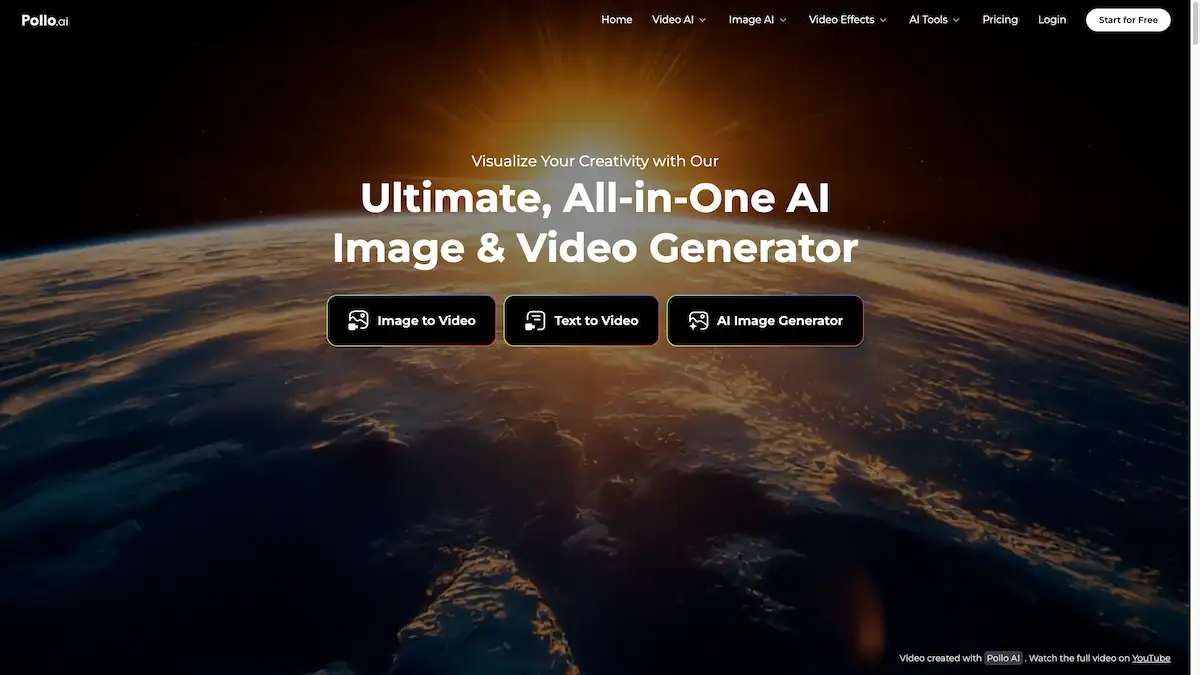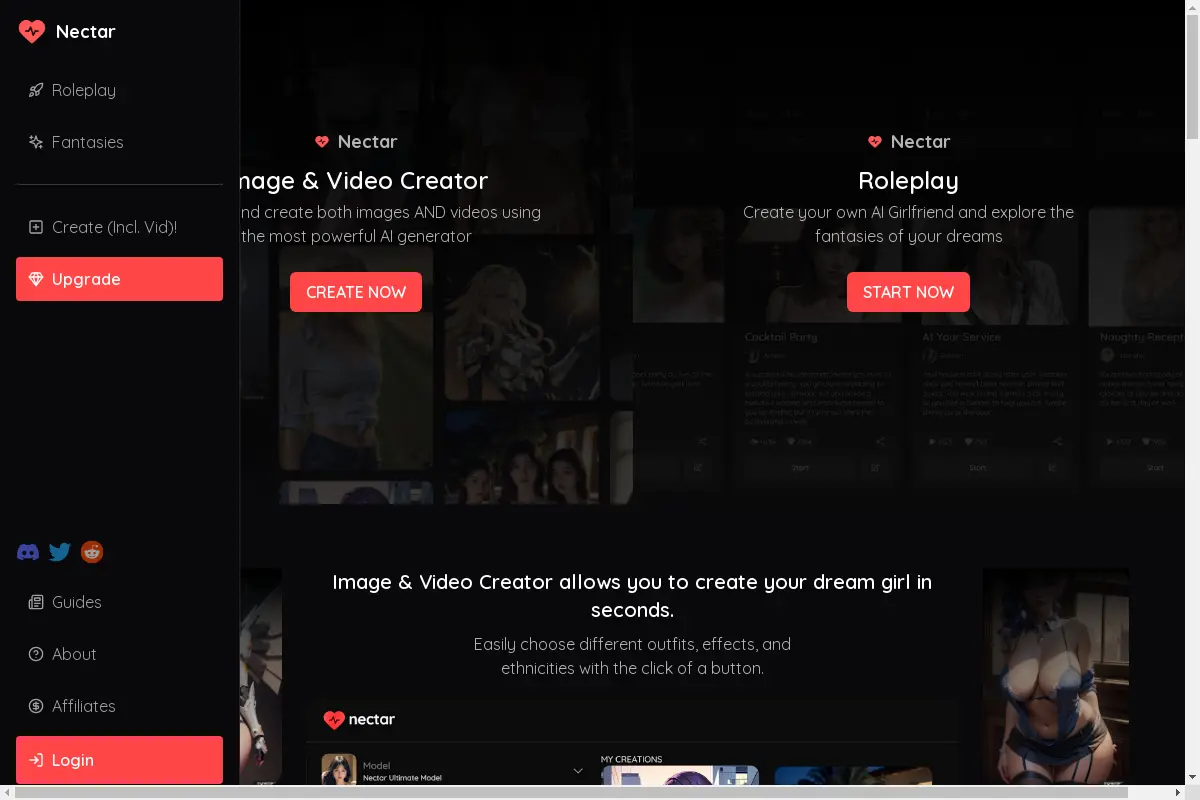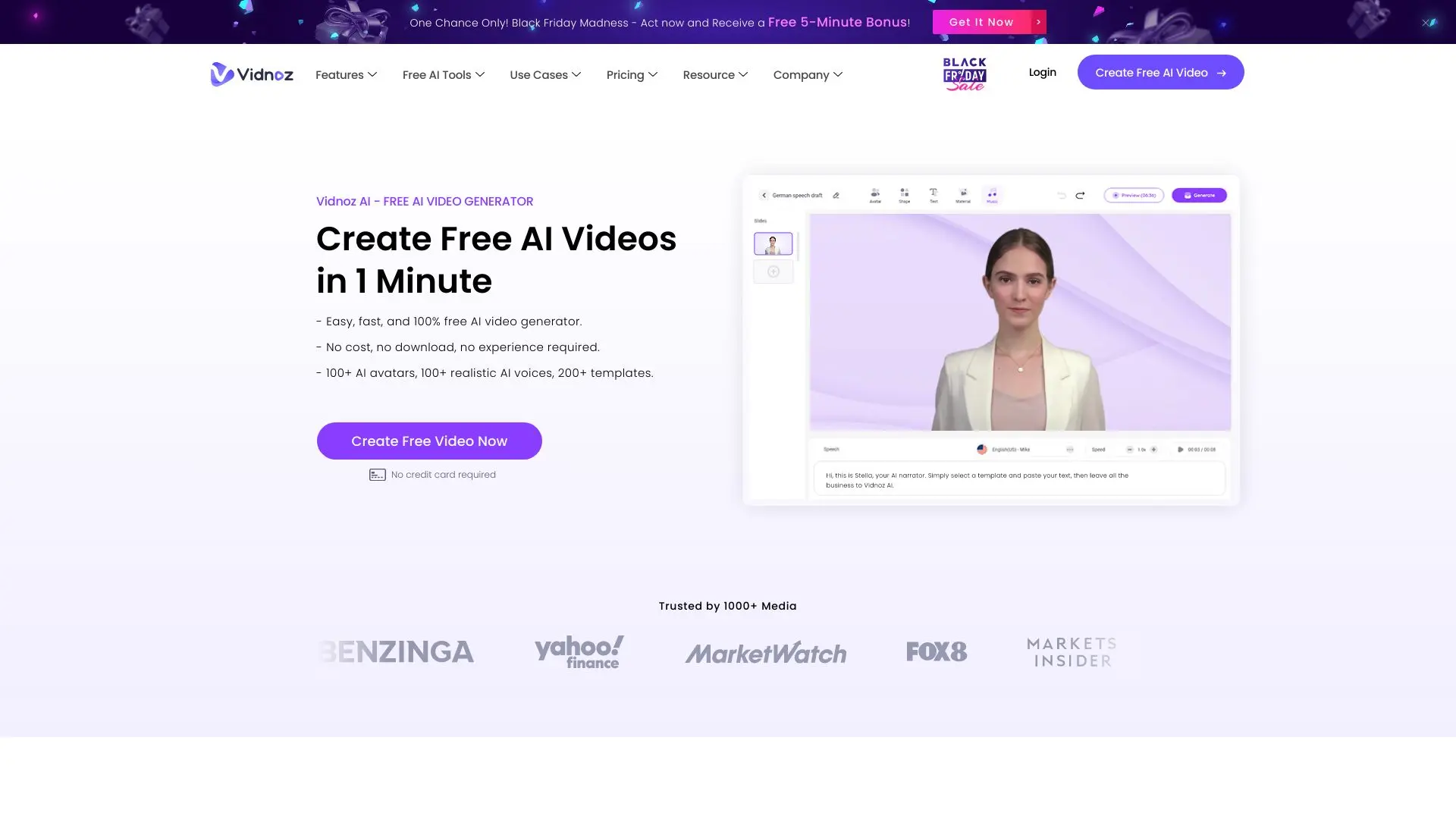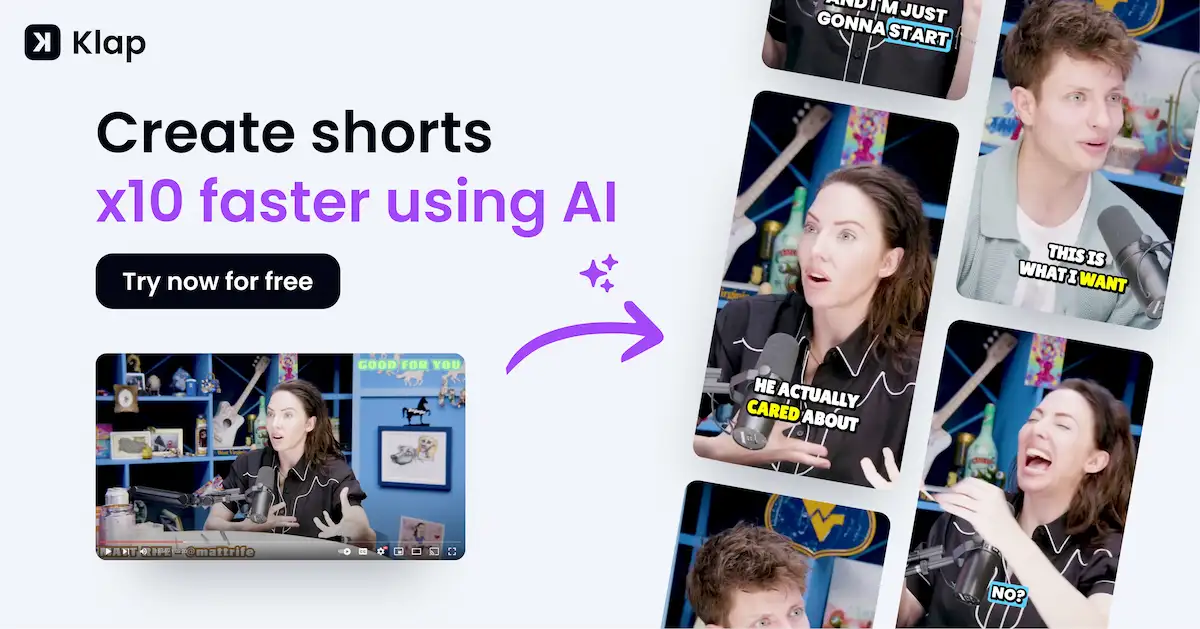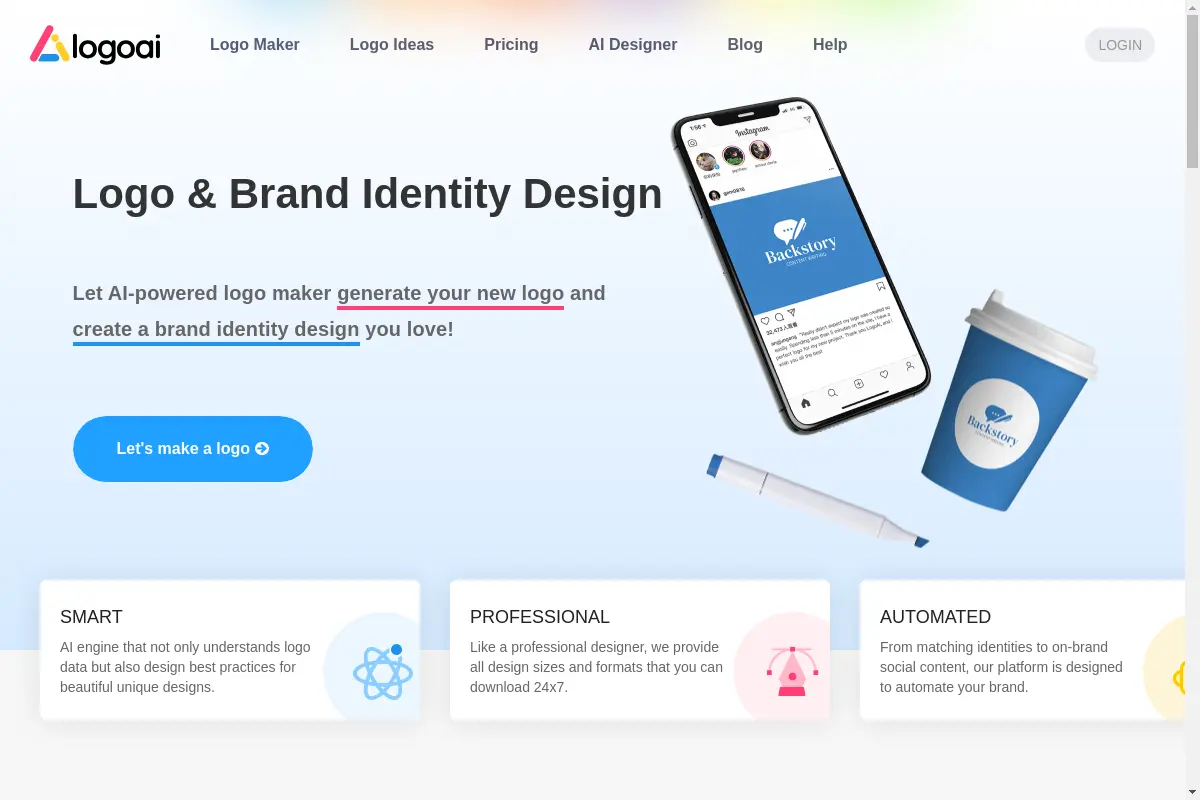Three Major AI Breakthroughs Reshape the Open Source Landscape: Kimi K2, OpenAI's GPT-OSS, and Claude Opus 4.1
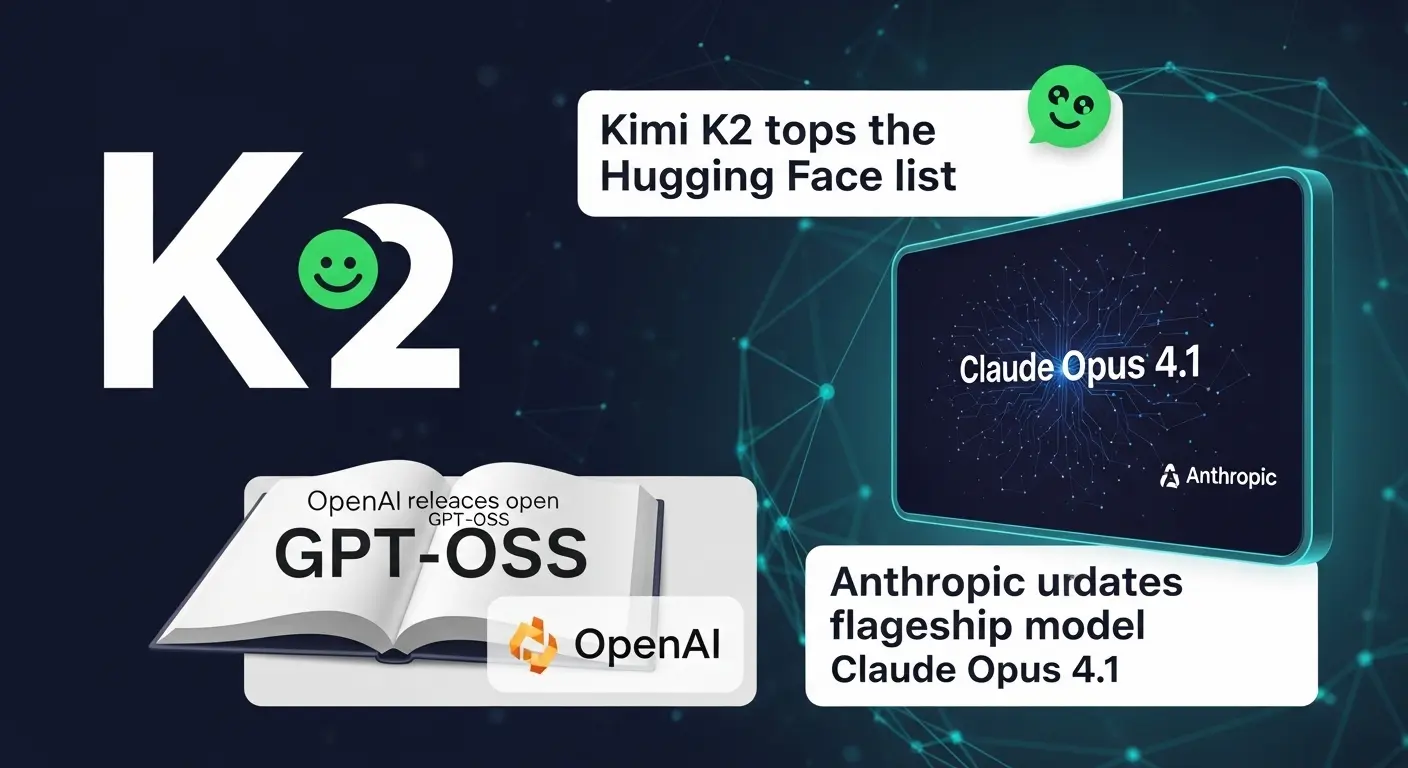
The AI landscape has experienced a remarkable transformation in recent weeks, with three significant releases that collectively signal a new era of open-source accessibility and enhanced capabilities. China's Moonshot AI has released the powerful Kimi K2 model, OpenAI has returned to its open-source roots with GPT-OSS, and Anthropic has upgraded its flagship model with Claude Opus 4.1. These developments represent a fundamental shift toward more accessible, powerful, and specialized AI systems.
Kimi K2: China's Open-Source Agentic Intelligence Breakthrough
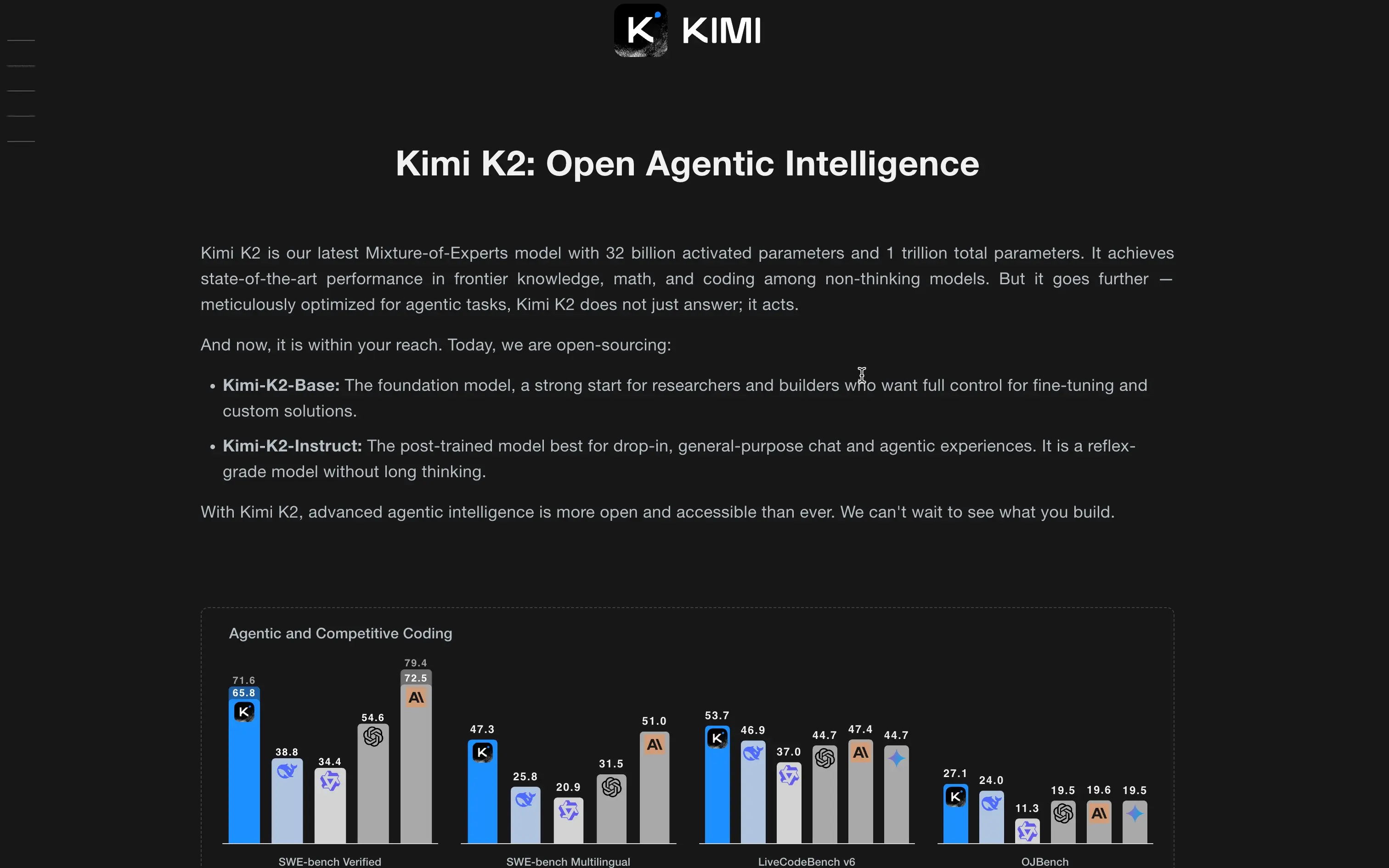
Kimi K2 represents a groundbreaking achievement from China's Moonshot AI, featuring a massive Mixture-of-Experts (MoE) architecture with 32 billion activated parameters and 1 trillion total parameters. What sets this model apart isn't just its impressive scale, but its focus on "agentic intelligence" - the ability to autonomously execute complex tasks and interact with digital tools.
Technical Architecture and Capabilities
The model is specifically designed for agentic intelligence, meaning it can run tools, act autonomously, write code, edit files, and execute shell commands. This positions Kimi K2 as more than just a conversational AI; it's a comprehensive digital assistant capable of real-world task execution.
Kimi K2 appears to handle the cognitive overhead of task decomposition, tool selection, and error recovery autonomously—representing the difference between a sophisticated calculator and a genuine thinking assistant. The model has demonstrated exceptional performance across multiple benchmarks, particularly in coding and reasoning tasks.
Open Source Impact
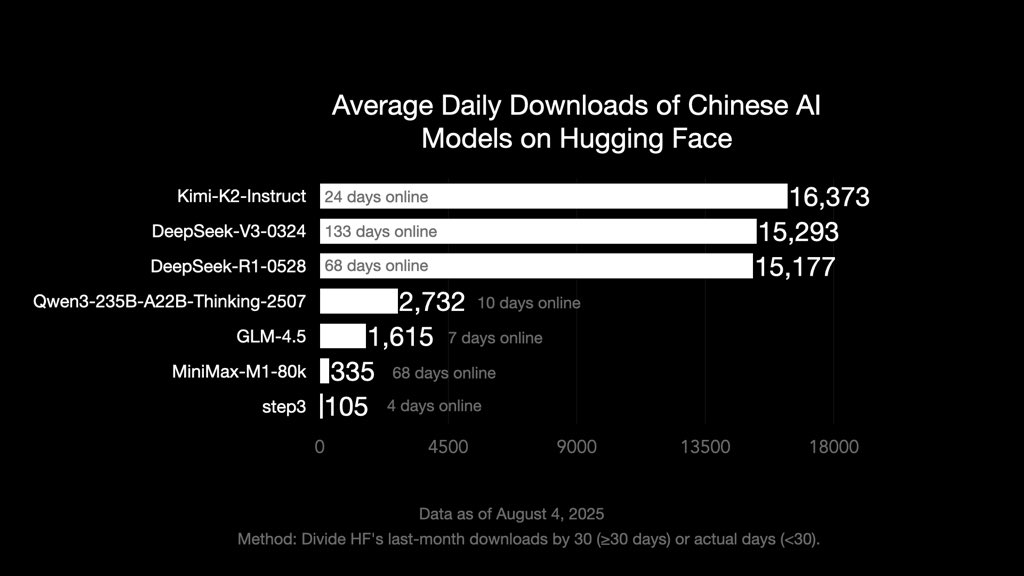
Unlike many models that claim to be "open" but restrict access through APIs, Kimi K2 provides true open-source access with both low cost and full source code availability. This approach echoes the disruptive impact of DeepSeek's earlier releases and continues China's push toward democratizing advanced AI technology.
The model is available through multiple channels including GitHub and Hugging Face, making it accessible to researchers and developers worldwide.
OpenAI's Return to Open Source: The GPT-OSS Series
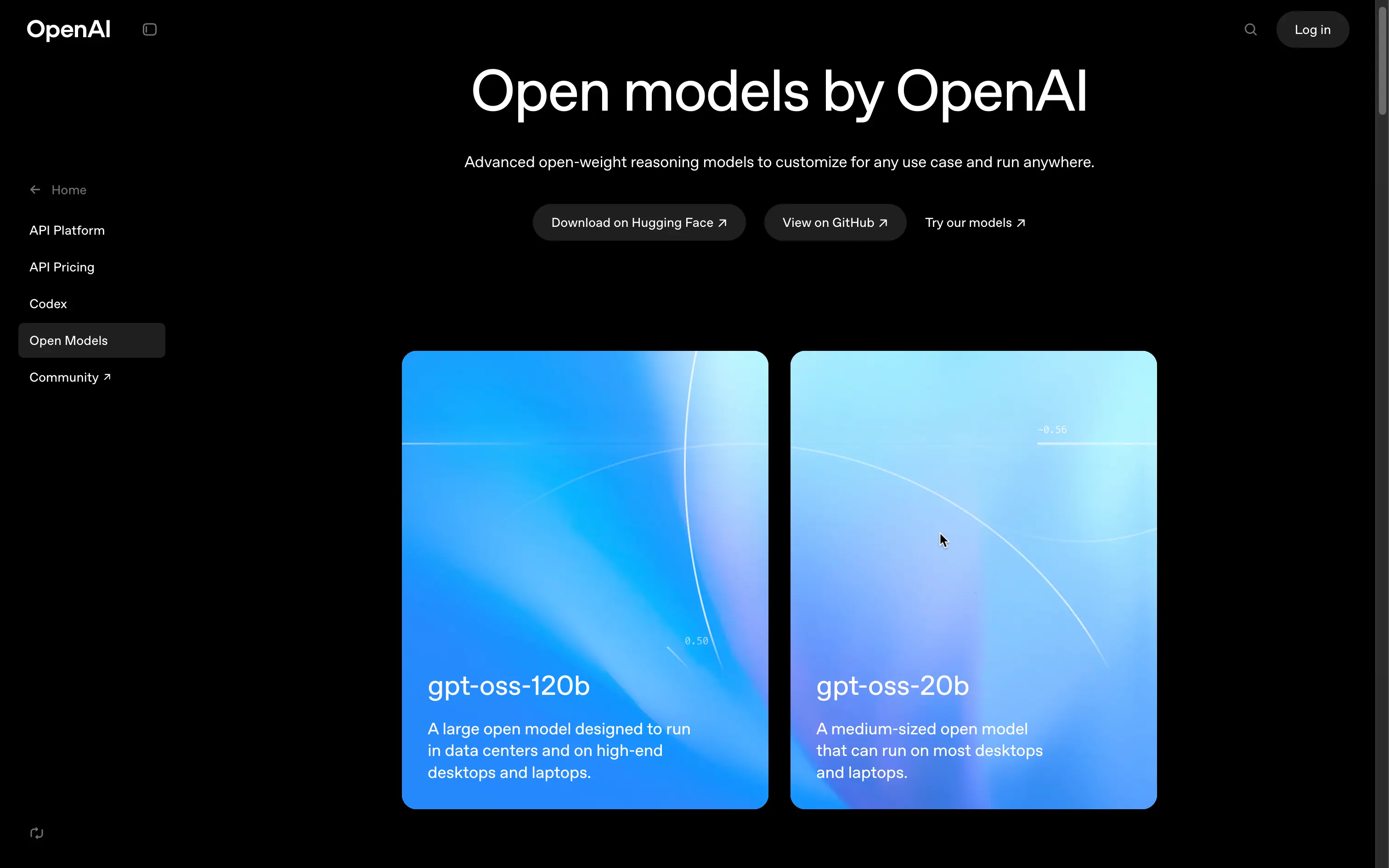
In a surprising strategic shift, OpenAI has released gpt-oss-120b and gpt-oss-20b—two state-of-the-art open-weight language models available under the flexible Apache 2.0 license, marking OpenAI's first 'open' language model since GPT-2.
Model Specifications and Architecture
The GPT-OSS series includes two variants: gpt-oss-120b with 117B parameters (5.1B active) designed for production use on a single H100 GPU, and gpt-oss-20b with 21B parameters (3.6B active) optimized for lower latency and local deployment.
Both models feature several innovative characteristics:
- Harmony Response Format: Both models were trained on OpenAI's harmony response format and require this specific formatting for optimal performance
- Native MXFP4 Quantization: Advanced quantization techniques allow the larger model to run efficiently on single GPU setups
- Configurable Reasoning Effort: Users can adjust reasoning intensity based on specific use cases and latency requirements
- Full Chain-of-Thought Access: Complete visibility into the model's reasoning process for debugging and trust-building
Agentic Capabilities and Tools
The models include native capabilities for function calling, web browsing, Python code execution, and Structured Outputs. OpenAI has also released comprehensive tooling, including browser and Python execution environments that enable true agentic behavior.
The implementation includes sophisticated tool integration:
- Browser Tool: Enables web searching, page opening, and content analysis with caching for performance
- Python Tool: Stateful code execution in Docker containers for calculations and data processing
- Apply Patch Tool: File creation, updating, and deletion capabilities
Deployment and Accessibility
The models support multiple deployment options including Transformers, vLLM, Ollama, and LM Studio, with comprehensive documentation and examples provided. This broad compatibility ensures developers can integrate GPT-OSS into existing workflows regardless of their preferred infrastructure.
Claude Opus 4.1: Advancing State-of-the-Art Performance
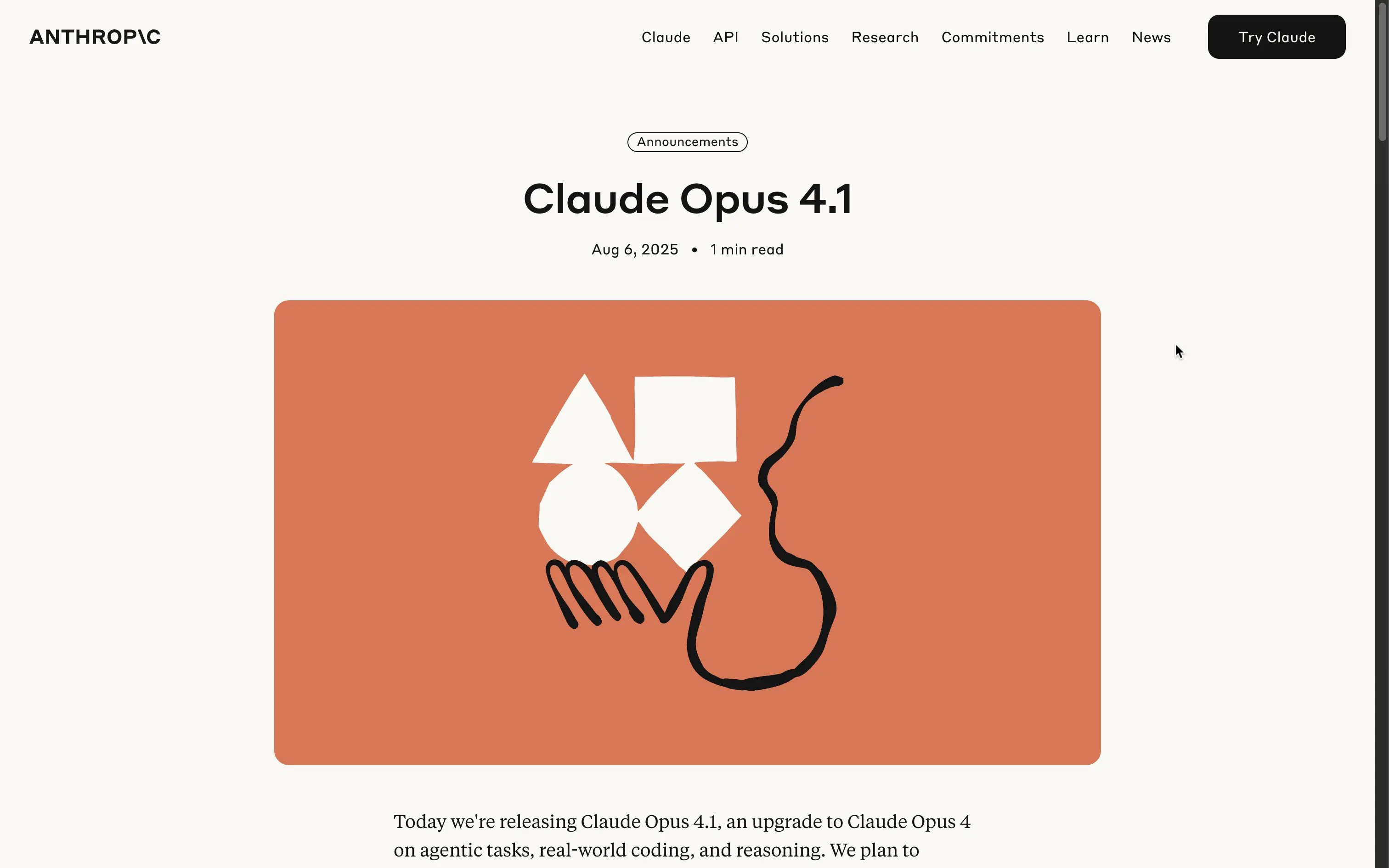
Anthropic has released Claude Opus 4.1, representing a significant upgrade to their flagship model with particular improvements in agentic tasks, coding, and reasoning capabilities.
Performance Improvements
Opus 4.1 advances state-of-the-art coding performance to 74.5% on SWE-bench Verified, with notable improvements in multi-file code refactoring and precision debugging within large codebases. The model shows approximately one standard deviation improvement over its predecessor, demonstrating substantial capability gains.
Industry Validation
GitHub reports that Claude Opus 4.1 improves across most capabilities relative to Opus 4, while Rakuten Group finds it excels at pinpointing exact corrections within large codebases without unnecessary adjustments or bugs. These endorsements from major technology companies highlight the model's practical value in real-world applications.
Availability and Integration
Opus 4.1 is available to paid Claude users, in Claude Code, and through the API, Amazon Bedrock, and Google Cloud's Vertex AI, with pricing remaining the same as Opus 4. This widespread availability ensures enterprise and developer access across multiple platforms.
Industry Implications and Future Outlook
These three releases collectively represent a pivotal moment in AI development, characterized by several key trends:
The Open Source Renaissance
The shift toward open-source models is driven by impressive efficiency demonstrated by competitors like DeepSeek R1, which offers near-parity performance to paid proprietary models for free. This competitive pressure is forcing major AI companies to reconsider their closed-source strategies.
Agentic AI as the New Frontier
All three releases emphasize agentic capabilities—the ability to autonomously plan, execute, and iterate on complex tasks. This represents a fundamental evolution from conversational AI toward truly autonomous digital assistants capable of real-world impact.
Democratization of Advanced AI
The combination of open-source availability, comprehensive tooling, and broad deployment options is democratizing access to cutting-edge AI capabilities. Developers and researchers worldwide now have access to models that were previously exclusive to major technology companies.
Conclusion
The simultaneous release of Kimi K2, GPT-OSS, and Claude Opus 4.1 marks a transformative period in AI development. These models collectively advance the state of the art in reasoning, coding, and agentic capabilities while making powerful AI tools more accessible than ever before.
For developers and organizations, these releases offer unprecedented opportunities to build sophisticated AI applications without the constraints of proprietary APIs or licensing restrictions. The focus on agentic capabilities suggests we're moving beyond simple question-answering toward AI systems capable of autonomous task execution and real-world problem-solving.
As the AI landscape continues to evolve rapidly, these developments signal a future where advanced AI capabilities are not just more powerful, but more accessible, transparent, and useful for practical applications across industries.
References
Leave your comment
- No comments yet.
Recommended AI Tools
Carefully selected AI tools to improve your work, study, and live efficiency.
Related Articles
Standing at this moment in 2025, when we look back at the development journey of artificial intelligence, we witness how this revolutionary technology has reshaped every aspect of human society. From initial theoretical concepts to today's practical applications, each step forward in AI technology has changed the way we live. Let's revisit this fascinating journey together.
In 2024 and early 2025, the field of artificial intelligence (AI) achieved remarkable progress, with its impact spanning across various industries. AI models demonstrated significant performance improvements in multiple benchmarks, marking a new level of capability in handling complex tasks <sup>[1]</sup>. From healthcare to transportation, AI is integrating into daily life at an unprecedented pace <sup>[1]</sup>. Business adoption and investment in AI also showed strong growth, particularly in generative AI <sup>[1]</sup>. The United States maintained its lead in AI model development, but China is rapidly closing the quality gap <sup>[1]</sup>. Meanwhile, the responsible AI ecosystem continues to evolve, with increasing attention to ethical considerations and regulation <sup>[1]</sup>. Global optimism about AI has risen overall, though regional differences persist <sup>[1]</sup>.
Gemini CLI is an open-source AI agent that brings Gemini directly into your terminal, with MCP support for extensibility and Human in the Loop for oversight. Individual developers get unmatched usage limits at no cost.
